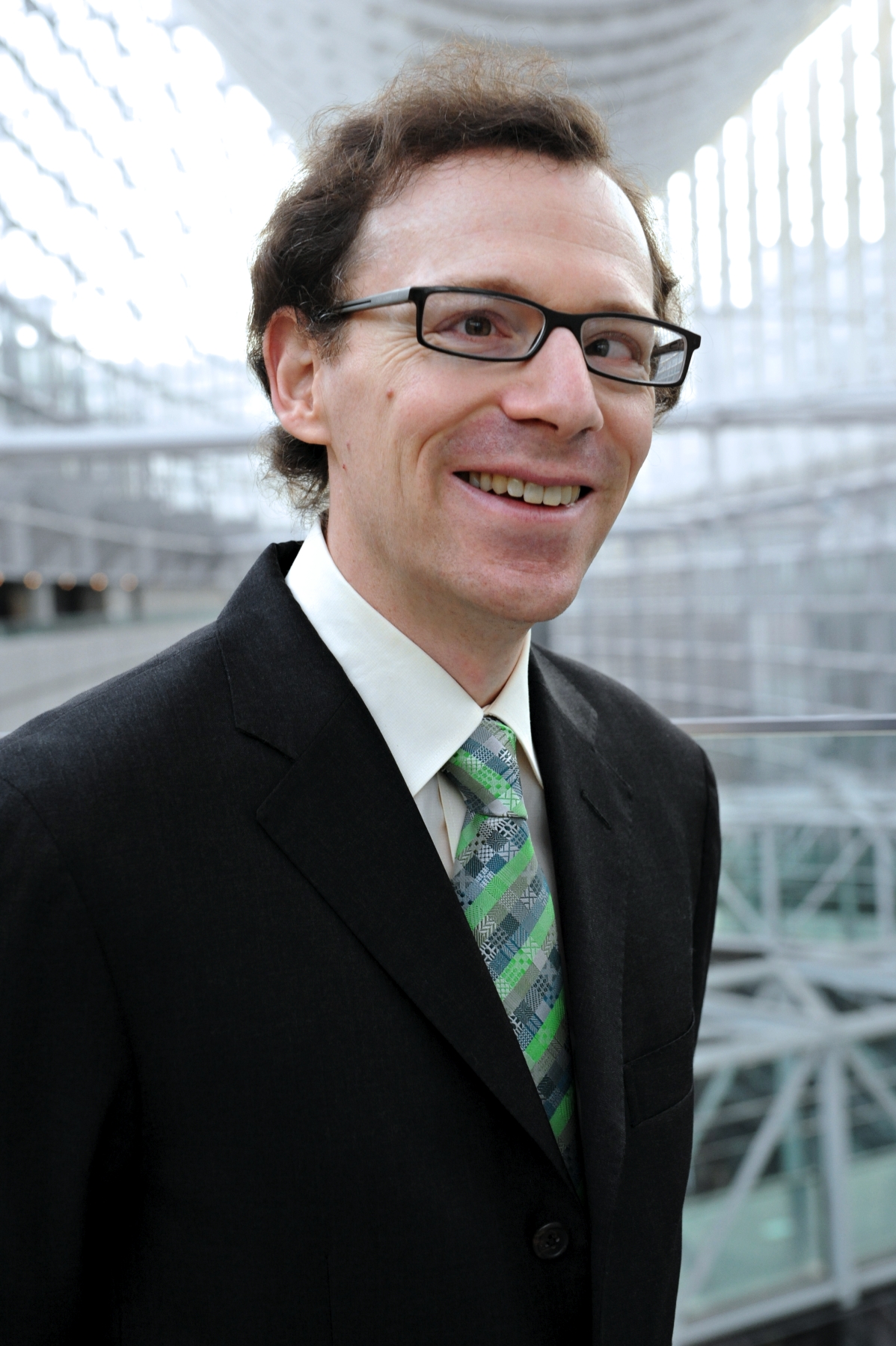The “fire and fury” rhetoric being flung across the Pacific by President Donald Trump and North Korean leader Kim Jong Un has raised fears around the world that the unthinkable—a nuclear war—is becoming a real possibility.
The “nuclear taboo” has held for 70 years for two reasons, according to Jacques Hymans: “the enormity of the decision of use nuclear weapons,” and the unpredictability of the consequences of doing so. Nevertheless, he warns, these are dangerous times.
Hymans is an associate professor of international relations at the University of Southern California. His award-winning books include The Psychology of Nuclear Proliferation and Achieving Nuclear Ambitions: Scientists, Politicians, and Proliferation. We reached him in Japan, where he responded to emailed questions.

In a 2015 essay, you noted that Thomas Schelling opened his 2015 Nobel Prize lectures by calling the fact that “we have enjoyed 60 years without nuclear weapons exploded in anger” as “the most spectacular event of the past half-century.” In other words, the thing most of us take for granted is, in his view, remarkable. Do you agree?
Yes, never before has a new weapon been used once or twice to great effect, and then never used again. Seventy-plus years without a nuclear attack is a remarkable streak of responsible behavior by the United States and the other eight nuclear powers. It hasn’t been easy or straightforward. There have been many near misses.
You also mention that memories of Hiroshima are rapidly fading as the World War II generation dies off. Is it possible that world leaders who came of age well after the war (India and Pakistan’s, as well as North Korea’s) don’t have the same visceral fear of what a nuclear attack would inevitably unleash? If the destruction isn’t part of one’s personal memory, does dropping the bomb become thinkable?
There are two schools of thought on this. Some think the nuclear taboo (i.e., the norm of nuclear non-use) has strengthened over time. Seventy-plus years without a nuclear attack certainly places an extra burden on anyone who wants to break that norm.

(Photo: University of Southern California)
On the other hand, as memories fade over time, the horror of nuclear war may fade as well, and the nuclear taboo along with it. Scott Sagan and Ben Valentino have done survey experiments showing that a plurality of Americans would be OK with nuking Iran if they are told it means saving 20,000 U.S. military lives.
What’s your level of fear that Trump, Kim Jong Un, or both will be tempted to use nuclear weapons to avoid looking weak? If they keep taunting each other, at some point does someone have to pull the trigger, or else look like a weakling—something we know both of these men find anathema?
New nuclear states have always been highly interested in trying to use their weapons as means of compellence, i.e. threats to get some benefit. New leaders have also had such tendencies. This is understandable, because it takes time and experience to accept the counterintuitive reality that the biggest bomb in the world is mostly useless as a military weapon, and therefore also useless as a means of compellence. So, history teaches us that both the U.S. and North Korea at present are liable to try to push their nuclear luck. That makes for a dangerous situation.
Do you feel the rhetoric being thrown back and forth is dangerous, and if so, why? Does it raise the possibility of a mistake leading to an escalation? What might that look like?
We are in a position where both sides are afraid that the other will launch a nuclear surprise attack, which makes it more likely that each will launch such an attack. Emotions certainly play an unpredictable role here. The chances are higher that the U.S. will launch first. But this would be a terrible humanitarian catastrophe and the U.S. would lose Asia politically for a hundred years.
North Korea knows a nuclear attack on the U.S. means suicide, but a U.S. nuclear attack on North Korea does not necessarily mean suicide. That is why the chances of a U.S. attack on North Korea are higher [than a North Korean attack on the U.S.].*
Does the principle of “mutually ensured destruction” still hold, in a world where tiny states can now get their hands on nukes?
We shouldn’t exaggerate the threat of proliferation. There are only nine nuclear weapon states, and the 10th is unlikely to happen soon, unless the world goes seriously out of kilter. North Korea has been trying to get the bomb for at least 30 years.
Kim Jong Un seems to feel that having nukes is his best defense against being taken out by force, a la Saddam Hussein. This suggests he’s being quite rational. Do you agree?
The greatest threat to the North Korean regime has always been the prospect of internal collapse. Nuclear weapons didn’t help the USSR avoid that fate. In fact they hastened it by bankrupting the regime. North Korea should take heed.
Finally, what’s the atmosphere like in Japan, which is so close to Korea? Are people scared? Or stoic?
North Korea has been playing this game for at least 10 years now. The South Koreans, Japanese, and Chinese don’t like it, but they take it in stride. The new factor that is causing most worry in the region is the appearance or reality of an unstable America.
So far our allies in the region seem to be willing to give us the benefit of the doubt that we will soon return to the old ruts. But for the first time in a long time, they are starting to wonder if they can rely on us.
This interview has been edited for length and clarity.
*UPDATE — August 14th, 2017: This article has been updated to expand on the different implications of a nuclear showdown for both the United States and North Korea.





